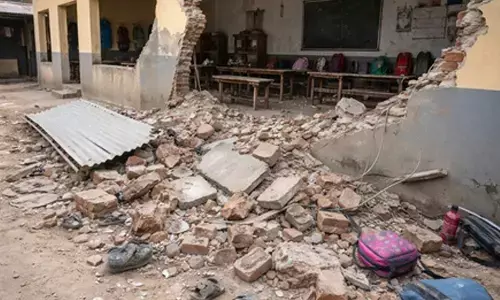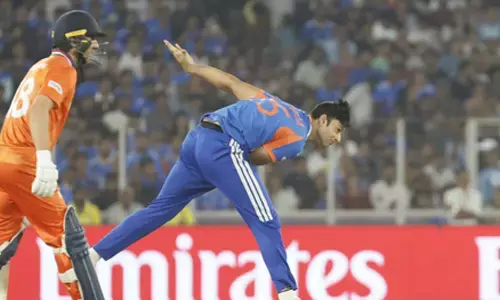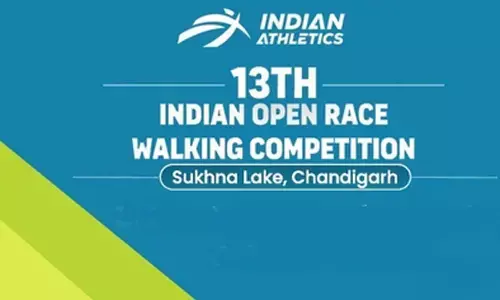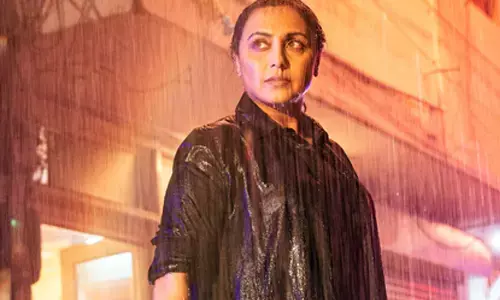A Scottish adventurer
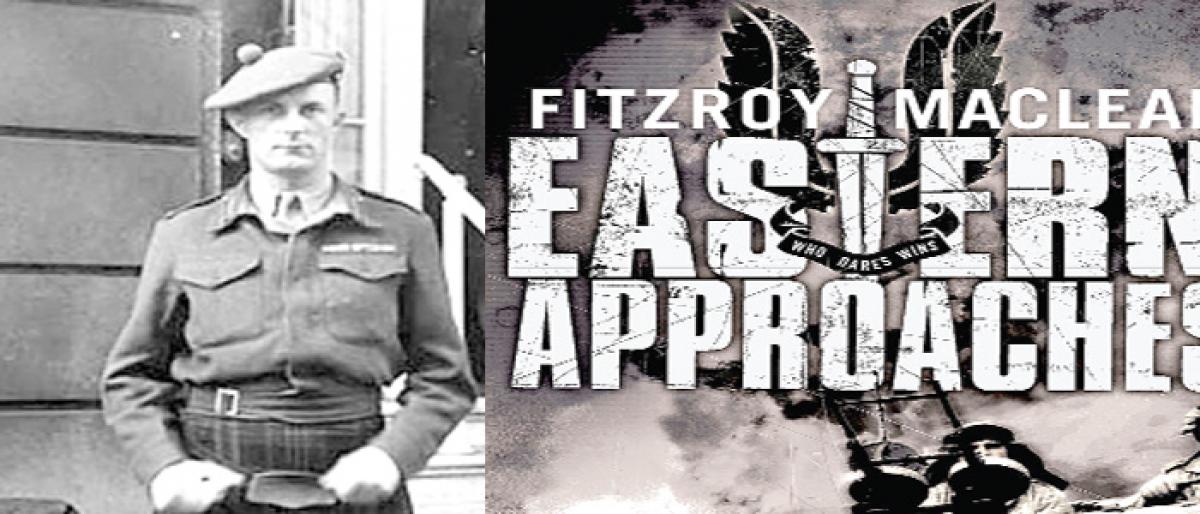
Across the Second World War\'s hundreds of thousands of armed clashes, big and small, across multiple theatres, there are a few soldiers, below general rank, who may have influenced its strategic course, and in a way, shaped the future, despite their personal bravery. This distinction goes to a Scottish diplomat-turned-politician-turned-soldier, who was one of the many real-life inspirations for Ja
Across the Second World War's hundreds of thousands of armed clashes, big and small, across multiple theatres, there are a few soldiers, below general rank, who may have influenced its strategic course, and in a way, shaped the future, despite their personal bravery. This distinction goes to a Scottish diplomat-turned-politician-turned-soldier, who was one of the many real-life inspirations for James Bond.
And Sir Fitzroy Hew Royle Maclean (1911-1996) definitely qualifies. A diplomat when World War II broke out, he tried to join the army. However, his superiors refused permission, and he had to join politics and become an MP in order to quit the foreign service. Enlisting as a common soldier in 1941, he was soon commissioned as an officer and rose from lieutenant to brigadier within two years. (He eventually retired a major general).
And in those four years of war, Maclean was a founder member, with the legendary David Stirling, of the Special Air Service, carrying out deep penetration commando raids in the Desert War. Injured in an accident, he took a break in Iraq and Iran - where he helped to kidnap a pro-German general from his own house at pistol-point, and then ending up as Winston Churchill's personal liaison with Tito's Partisans in Yugoslavia.
All these he relates in his marvellous, engrossing and insightful autobiography ‘Eastern Approaches’ (1949), which is one of the best memoirs to come out of the war.
And as an account of rather unconventional soldiers, it can easily rank between other classics like Patrick Leigh Fermor's ‘Abducting a General’ and W Stanley Moss' ‘Ill Met by Moonlight’ (both on the same operation), Eric Williams' ‘The Wooden Horse’ (about a successful escape from a PoW camp) and John Castle's ‘The Password is Courage’ (about a British JCO who created devilry in his PoW camp).
But Maclean's story is not about his war service only, for it actually begins in 1937, when as a diplomat, he grew bored of his comfortable and undemanding life in the Paris Embassy, and petitioned his superiors for a change - to Moscow, instead of Washington where he was being considered for. Not unsurprisingly, his request was soon accepted.
The first of the book's three parts thus deals with his stint in Stalin's Soviet Union, where he was not content to remain a capital-confined diplomat but struck out on scarcely-approved trips to its Caucasian and Asiatic parts, as well attending one of the show trials where ideologue Nikolai Bukharin was convicted.
On his first trip, he reached Baku, from where, despite his Soviet handlers' efforts, he took a ship to another Caspian Sea port, where he found some horses to explore the countryside - and was arrested by border guards near the Iranian frontier. As his captors could not read, Maclean, as the only person literate in Russian, "read out, with considerable expression, and such improvements as occurred to me" his Soviet pass' contents and was set free.
In subsequent trips, he visited Alma Ata, Tashkent and Samarkand and then Chinese Turkestan. On his final trip, he managed to reach Bukhara, the then Stalinabad (Dushanbe), from where he crossed the Amu Darya into Afghanistan and rode to Kabul, before returning to Moscow via Peshawar, Delhi, Baghdad, Iran, and Armenia.
The middle part deals with Maclean's exploits in North Africa and the Middle East - all enlivened with typical British humour. Detailing a reconnaissance trip to occupied Benghazi, he tells us: "We walked down the middle of the street arm in arm, whistling and doing our best to give the impression that we had every right to be there. Nobody paid the slightest attention to us..". On desert operations, we learn: "Clearly it was no easy task to transport several dozen vehicles and a couple of hundred men across 800 miles of waterless desert without attracting the attention of the enemy."
Another engrossing section is about the capture of Iranian General Fazlollah Zahedi from Isfahan.
But it is the final part, of his service in fractious Yugoslavia, where he found Tito was the one to support instead of the royalist Chetniks - and convinced Churchill of it, that not only settled the country's fate but can also have said to steeled Tito to break with the Stalinist monolith. And Tito's record in keeping together the disparate country - and the chaos that engulfed it within a decade of his death - was vindication that Maclean, who was still around then, had made the correct choice.
This part is garnished with copious amounts of the wit and vocabulary of Churchill ("levanted") and the perspicacity of Tito.
Maclean did write 18-odd more books including on Tito, the Soviet Union and Scottish history and after a long political stint, ran a hotel in Scotland, yachted, enjoyed his collection of James Bond first editions and holidayed on his Yugoslav coastal home (bought with Tito's help), but his fame rests on his first book.
And apart from its sheer readability, it is a testament to human spirit and resilience, even in face of unspeakable violence and brutality. That is what makes it an enduring classic.



